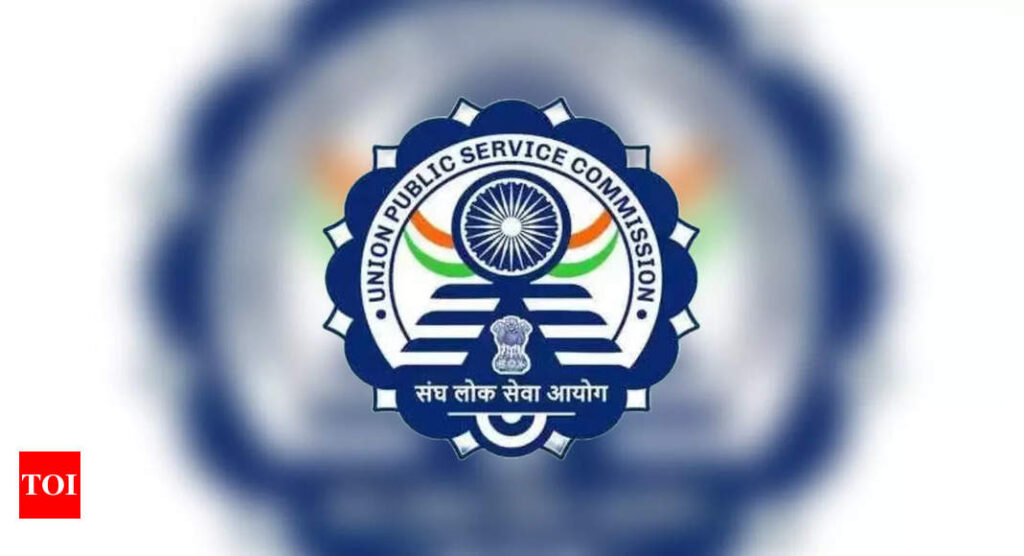Moreover, the UPSC exam is highly competitive, with lakhs of candidates appearing for it each year for a few hundred posts. Only a very small percentage of these candidates are able to clear the exam and make it to the final merit list for the interview round.
The level of difficulty of the questions in the UPSC exam varies depending on the subject and the topic. However, on average, the questions asked in the UPSC are of a high difficulty level.
The questions in the UPSC exam are designed to test candidates’ critical thinking skills, analytical problem-solving skills; additionally they require candidates to have a deep understanding of the subject matter.
The questions in UPSC are also often open-ended and require candidates to think outside the box. Along with long hours of dedicated study, regimented question-paper solving is necessary in order to perform well in the exam.
Mock tests are simulated exams that are designed to help students prepare for the real exam. They are typically based on the same exam pattern and syllabus as the actual exam, and they provide students with an opportunity to practise answering questions under timed conditions.
Mock tests are important for UPSC CSE preparations.
They offer a number of benefits for UPSC CSE preparations, such as:
- Familiarity with the exam pattern and syllabus:
Mock tests help students to become familiar with the exam pattern and syllabus, which can help them to feel more confident and prepared on the day of the exam. - Time management skills:
Mock tests help students to develop their time management skills, which is essential for completing the UPSC CSE exam on time. - Identification of strengths and weaknesses:
Mock tests help students to identify their strengths and weaknesses, which can help them to focus their revision efforts on the areas where they need the most improvement. It also helps in identifying and addressing any gaps in their knowledge. - Practice answering questions under timed conditions:
Mock tests help students to practise answering questions under timed conditions, which can help them to reduce stress and anxiety on the day of the exam. - Feedback on performance:
Mock tests typically provide students with feedback on their performance, which can help them to identify areas where they need to improve.
How to utilise the feedback you get from mock-test results
Here is a step-by-step guide on how to effectively utilise the feedback you receive from mock test results:
Assess relative performance
Check your rank or percentile to see how you compare to others. In some cases, even a modest score can be commendable if it places you ahead of your peers. Remember, it’s all about how you fare relative to other aspirants.
Embrace exam pressure
Facing the heat of the exam is essential for both newcomers and experienced candidates. While exam patterns and information are readily available in books and online, the real test comes when you attempt it. Gauge your time management, stress tolerance, and overall exam-taking approach during mock tests.
Analyse your mock test performance with these steps
- Go through the entire test once: Begin by reviewing the entire test comprehensively. Identify your strengths and weaknesses in different subject areas and pinpoint questions that consume excessive time. Examine your answers and contemplate how they can be improved.
- Check Mock Test Solutions: Pay close attention to the provided solutions. The purpose of mock tests is not just to score high but to understand the correct approach to answering questions. Study the solutions meticulously to grasp the proper method and structure for responding.
- Review correct answers: Compare your answers with the solutions. Identify what you did correctly and assess if there’s room for improvement, especially regarding the time it took to answer each question.
- Analyse mistakes: Focus on questions you answered incorrectly. Analyse why you made these errors, whether they were conceptual, logical, or due to a wrong guess. Determine how you can rectify these mistakes in future tests.
- Tackle unattempted questions: If you couldn’t solve certain questions during the mock test, use this opportunity to revisit them. Study the theory behind these questions and attempt them again. Consider retaking the entire mock test, as it can provide valuable practice.

